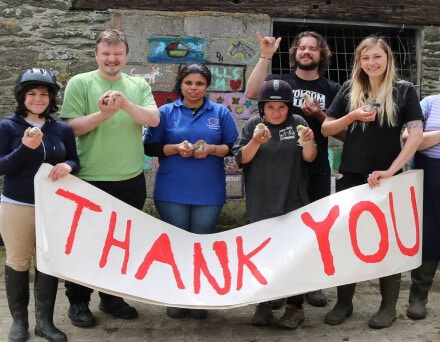Cornwall is one of the top-rated places to live in the UK in terms of the environment around us and the access to nature, wildlife and natural resources.
The environment was one of the areas of the Vital Signs research where Cornwall compared favourably. However, this natural capital is at risk: the average temperature in Cornwall has increased by nearly 1 degree Celsius in the last 35 years and Cornwall Council declared a Climate Emergency in 2019.
Positive steps are being taken. Most notably, Cornwall Council has made a commitment to be carbon neutral by 2030. The number of B Corps in Cornwall is growing steadily and there is an understanding from residents that many of us could, and need, to do more.
Key figures:
Cornwall’s environment
Cornwall Council recently commissioned a climate risk assessment report which highlights the below key potential risks for Cornwall.
The highest potential sea level rises around the UK by the end of the century.
The possibility of more high impact flooding, like the floods in Boscastle (2004) and Coverack (2017).
Stronger storms and higher wind speeds. Faster coastal erosion. More heatwaves and severe droughts.
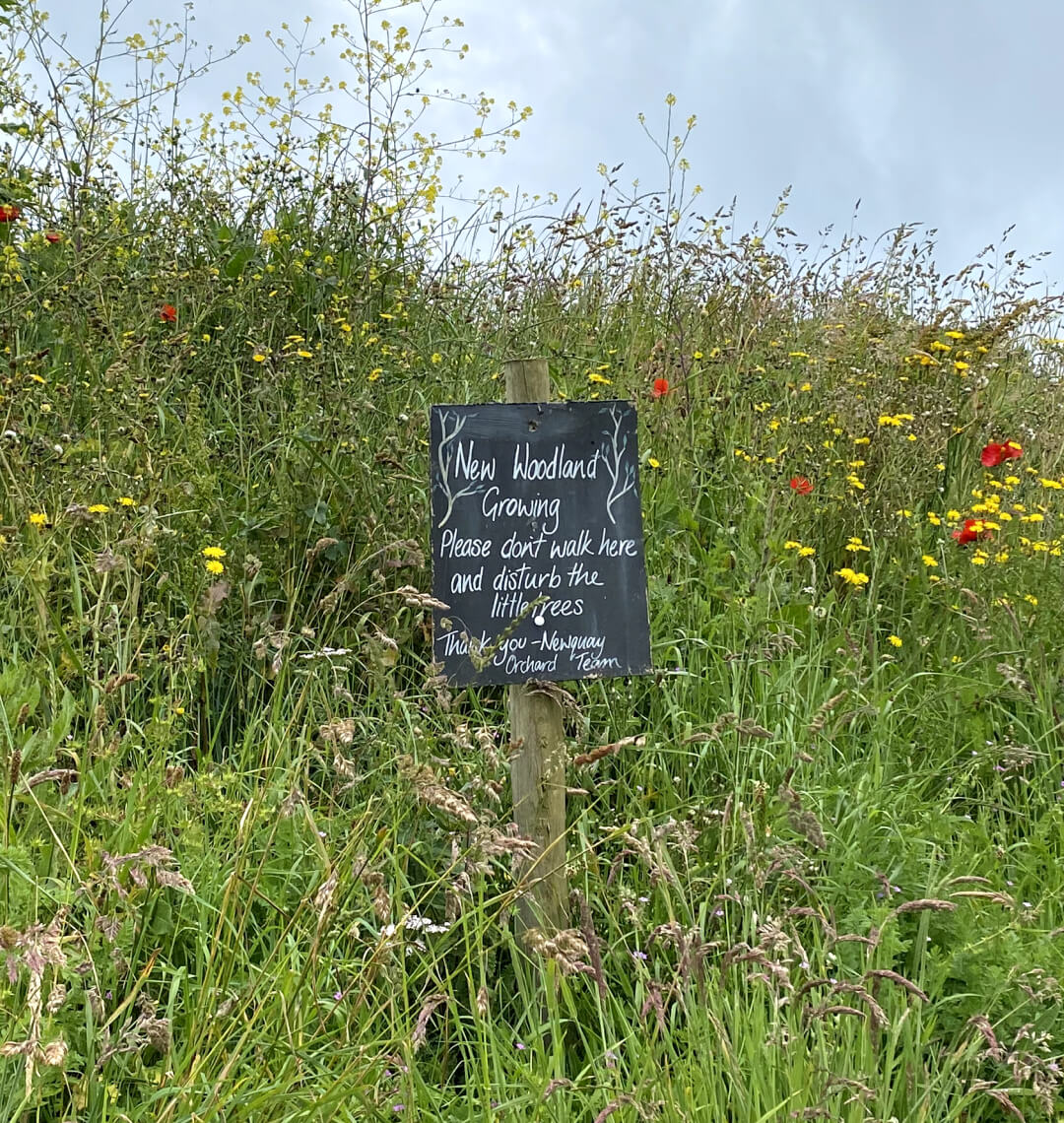
Challenges:
Cornwall’s environment
- Although levels of concern and awareness about climate change have been rising in many nations over the past 20 years, climate change remains of low importance relative to other global or personal issues.
- Possible explanations are issue fatigue, the impact of the cost-of-living crisis, distrust, and the deepening politicization of the issue.
- Currently less than 6 per cent of grants made by charitable trusts in the UK are directed towards environmental and conservation work. Through targeted funds and projects, we can ensure we improve that number at CCF.
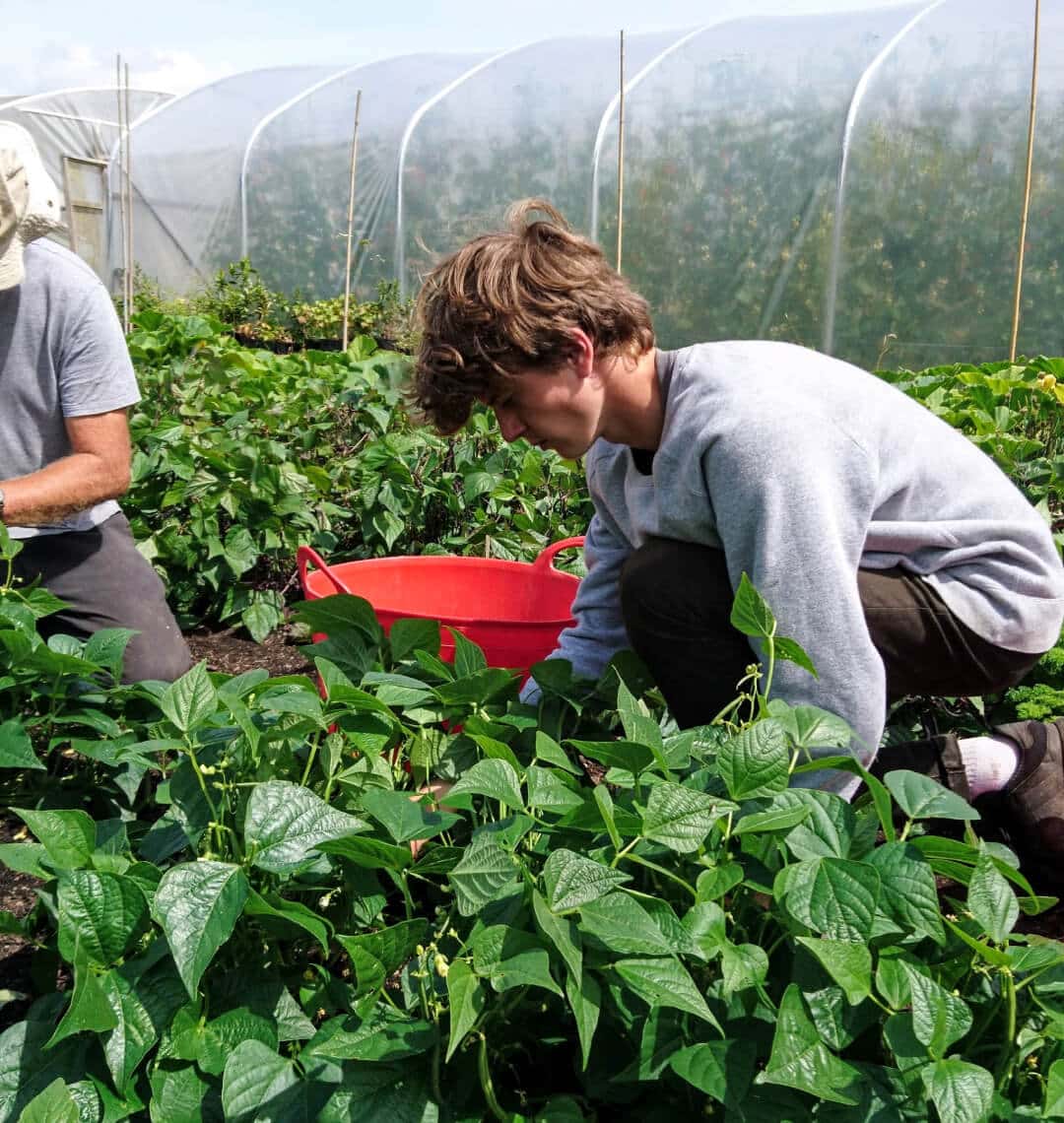
What we’re doing to help:
Cornwall’s environment
- CCF will use the framework of the UN Sustainable Goals to work with all funded groups towards maximum positive outputs with minimal environmental impact.
- Use the framework of the Climate Action UN Sustainable Goal to ensure all our practices have limited negative impact on the environment.
- Offer information to groups and projects we support on steps we have taken to demonstrate that change is possible and to promote best practice.
- Ask all applicants if they considered their projects environmental impact.
- Inspire groups to consider environmental impact in the work they do.
- Continue to support projects providing access to nature and the benefits of our environment. The more access people have to nature and the more involved they become in it the more educated they will be about its importance and the ways in which it is threatened. They are more likely to become advocates for change.
How you can help
Since 2003 we have awarded more than £20m in small grants to grassroots, front-line, volunteer-led organisations that are making a positive impact in their area, helping to overcome the challenges of disadvantage, exclusion and poverty for all.
This work wouldn’t be possible without our generous donors.
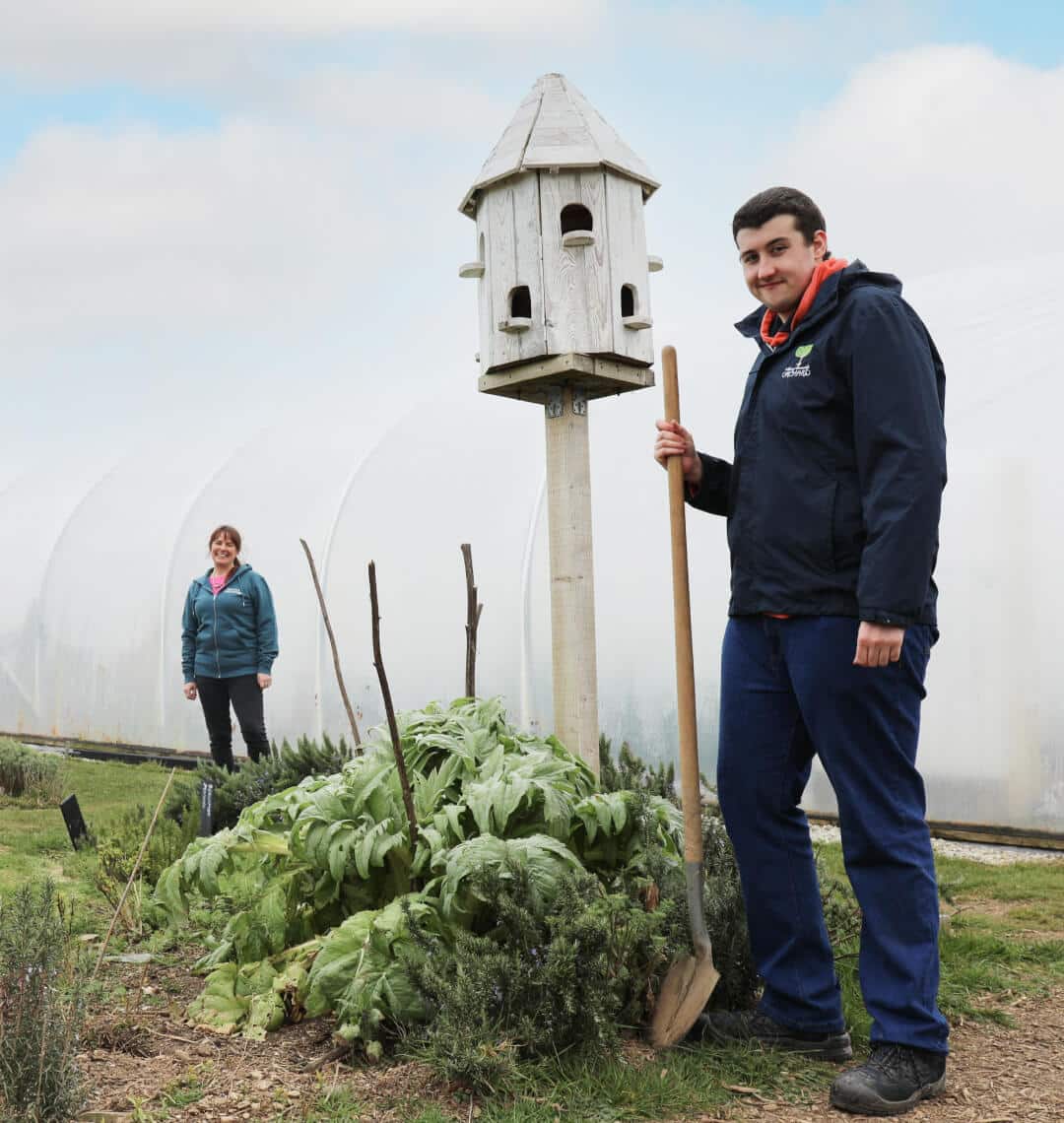
Stories of support:
2 Minute Foundation, North Cornwall
The 2 Minute Foundation, based at Bude, offers a unique learning and activity experience that empowers generations to take action against single-use plastic and make positive environmental choices.
Grants of £1,000 from the Bude Fund and £2,000 from the North Cornwall Fund helped the 2 Minute Foundation to build a classroom resource to support their educational programmes for young people.
- 380 people engaged in gardening and growing
- 174 allotments were improved as a result of the project
- 185 new volunteers are taking care of local spaces as a result of the project
“Support from The North Cornwall FundA sum of money made available for grant making, often with specific criteria/conditions. and Cornwall Community Foundation has made this possible, together working towards a world without litter or plastic pollution, where nature thrives.”
Get help for an organisation
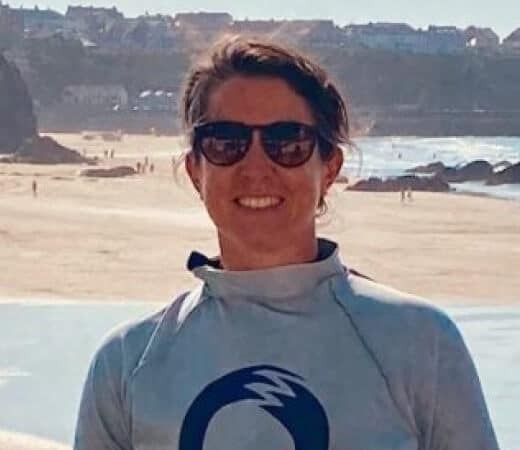
Tamara Sherston-Baker
Development Director
